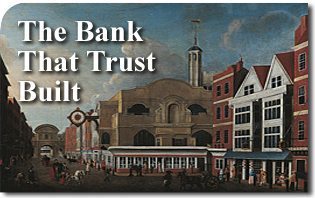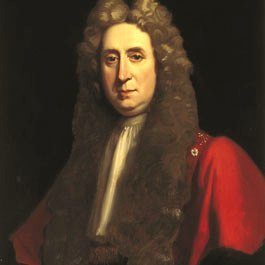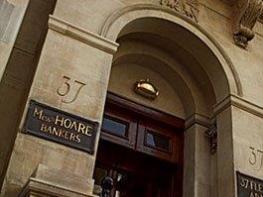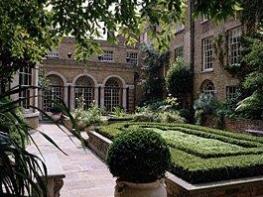
In writing about economy, I have frequently denounced what I call frenetic intemperance. Frenetic intemperance is a term to describe a restless and reckless spirit inside certain sectors of modern economy that foments a drive to throw off legitimate restraints and gratify all desires. Such a reckless spirit is often found in the financial sector of modern economies as it engages in all sorts of monetary wheeling and dealing.
I admit that banks have their purpose in society by securing money and facilitating transactions needed to carry out business. However, so strong is the frantic idea of modern banking that I have often asked myself if I could provide concrete examples of banking without frenetic intemperance. It is not an easy task.
Learn All About the Prophecies of Our Lady of Good Success About Our Times
But in the business section of The Sunday Times of Ireland (7-21-13),1 I quite unexpectedly found a refreshing example. It involves a London bank called C. Hoare & Co. It is not your ordinary bank.

Painted in his robes as Lord Mayor of London (1712),
by Jonathan Richardson.
This is a 341-year-old institution run by a family. The bank’s senior partner is Henry Hoarse, one of seven family partners who are all 10th – or 11th – generation descendents of bank founder Richard Hoare.
“Founded in 1672, we remain wholly owned by the Hoare family and continue to be guided and led by the descendants of the bank’s founder,” reads the bank’s web site. “We have no allegiance to any other institution. Our aim is to treat others as we would wish to be treated.”
Just this statement alone would be enough to set the bank apart from all others, but there is more. This bank assumes unlimited liability for its actions. If a mistake is made, the bank pays the cost. Needless to say, with such a conservative policy in force, not many mistakes are made. Perhaps that helps explain why the bank has a long list of distinguished past clients that include Samuel Pepys, Lord Bryon and Jane Austen.
Someone might object that such a bank is really only a picturesque relic of past times and time-honored tradition. What about the bottom line? Does this bank make money?
Ten Misconceptions About an Organic Christian Society
It appears its conservative policies in such frenetic and uncertain times pay off. Business is booming. Since the financial crisis began five years ago, the deposit base of the bank has doubled to £2.3 billion ($3.55 billion). Deposits are increasing monthly.

Modern marketers might imagine that the bank must use its traditional image to attract these new customers and aid expansion. This is hardly the case. In fact, it seems that the bank does everything possible not to grow and expand.
The bank has always maintained only two branches over the centuries and has no interest in going beyond this number. It has never used a marketing plan to attract customers. The bank offers interest rates to savers that are paltry. There is even a service charge of £60 ($93) a month for those with an average monthly balance of less than £25,000 ($38,600). And yet, new customers are banging at the door in droves to open accounts.
Dodd-Frank: Another Name for Socialism
The key to the success is the role of the family which is very active in all aspects of the bank’s operation especially the lending part. Because they must assume full liability for their transactions, the Hoare family is very careful in selecting its family partners. There are some 1,000 Hoare descendents that could qualify to be partners. However, there is a strict vetting process that makes sure only the most capable ascend to the top. The family puts aside funds to invest for future generations. It also donates generously to the family charity.

This stable yet profitable bank engages in wise investment policy so different from those policies found all over the world of finance. Only half of the bank’s deposits are actually loaned out while another quarter is safely lodged at the Bank of England. Customers know they can trust the firm not to engage in transactions that have unnecessary exposure to risk.
Thus, banking, like any other business, can exist without frenetic intemperance. Such banks can even flourish and be very profitable. This London bank shows how the family can be an important instrument to temper business and keep it in balance. Hoare & Co. proves it doesn’t have to be a dog-eat-dog world. All it takes is a little temperance.
